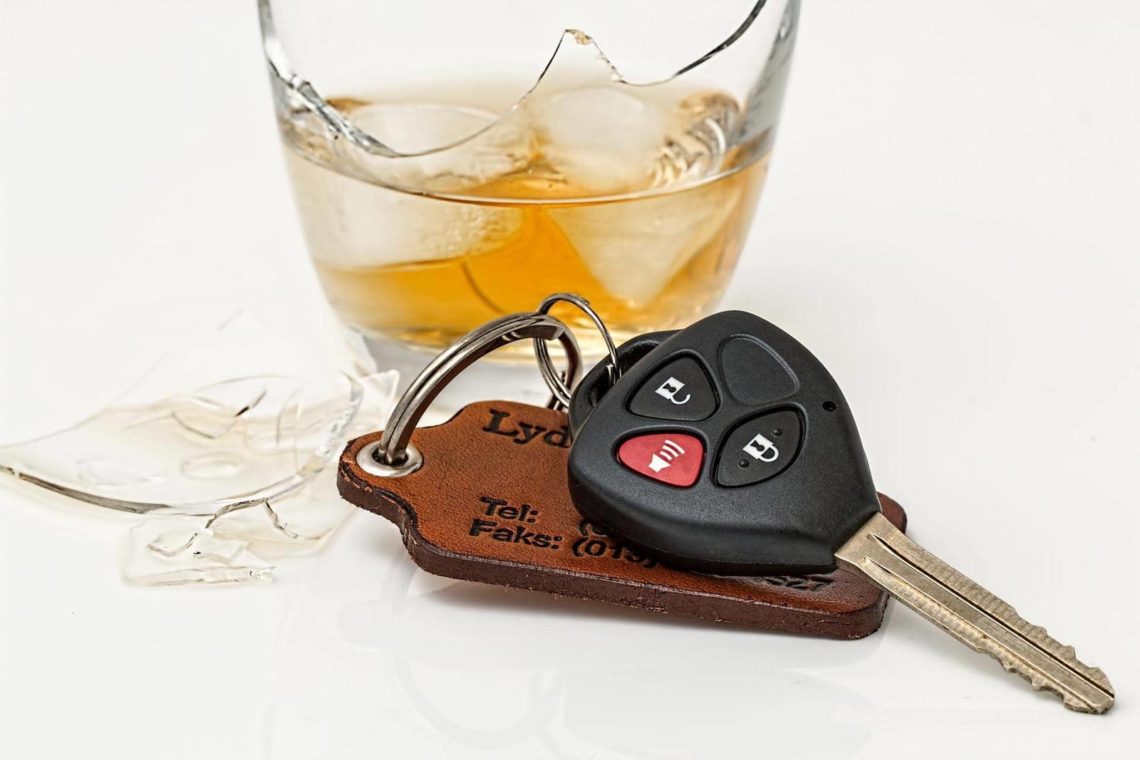
When Texas authorities detain you for driving while intoxicated (DWI), you have a lot to think through. Foremost is whether the charge is a felony or a misdemeanor. Being arrested for DWI is not a guarantee that a jury will find you guilty. Assuming a judge or jury convicts you, the degree of your penalty will then be determined by several variables.
The seriousness of a potential charge can fall into one of three categories: infraction, misdemeanor and felony. The degree of seriousness is less for an infraction (or violation) and increases from there.
The seriousness of a violation may be mitigated or lessened when the charge is:
- Your first violation
- Your blood alcohol level is at or just above the legal limits for operating a vehicle
- If no one sustained injuries
Additionally, driving with a child who is under the age of 14 can add to the seriousness of the charge. Either way, a guilty verdict depending on whether you are charged with a felony or misdemeanor may result in jail time, monetary penalties, and the revocation of your driver’s license.
WHAT IS A MISDEMEANOR?
When you commit a crime that is considered a felony, it is a misdemeanor. While a misdemeanor is generally not punishable through detention in local correctional facilities, you could face fines and other penalties.
Texas, like most other states, classifies misdemeanors into three categories:
- Petty misdemeanors or class C. Commonly referred to as petty crimes, they are normally punishable by a fine of $500, with no jail time being required.
- Conventional misdeeds or class B. For a conventional misdemeanor, you could be sentenced to a term of 180 days in a local jail or pay a fine of up to $2000.
- High or gross misdemeanors or class A. When you commit a gross misdemeanor, you could be imprisoned for up to a year or get a fine of up to $4000.
In Texas, if you get a DWI for the first time, the law classifies it as a Class B misdemeanor. When your DWI offense is classified as a class A misdemeanor, you should be more worried since a conviction could stay on your record indefinitely and result in the suspension of your driver’s license.
Additionally, misdemeanors, unlike infractions, are “crimes of moral turpitude,” as they often carry the potential of jail time instead of fines. The presence of this classification on your record severely decreases a convicted individual’s possibility of getting a scholarship or a decent job. Even when the misdemeanor does not end in a conviction, it could still jeopardize your career opportunities.
As a result, it is usually preferable that when charged with a misdemeanor, you follow up by going to the same courtroom and getting a “certified finding of factual innocence” to produce before potential employers.
WHAT IS A FELONY?
The most extreme category of constitutional offense is a felony. Felony charges typically involve substantial bodily harm (or perhaps the fear of serious physical injury) against victims. But they also include white-collar crimes, including fraud. For second-time DWI violators, the law may increase a misdemeanor to a felony.
Having a felony conviction, just like a misdemeanor conviction, may or may not culminate in incarceration. However, felonies entail the risk of imprisonment, which can vary from a year in detention to long prison sentences. Similar to misdemeanors, Texas splits felonies into classes or degrees.
HOW SERIOUS IS IT TO BE CHARGED WITH A FELONY?
In Texas, the law divides felonies into first-degree, second-degree, or third-degree categories, with first-degree felony charges being the most severe. First-degree felony charges are usually for the most severe acts and come with the harshest punishments. Having a third or subsequent DWI conviction is usually a felony of the third degree.
Two to ten years behind bars and up to 10 years on probation are the potential penalties.
A felony DWI prosecution in Texas is much more prevalent than most folks understand, especially considering the consequences of a felony conviction, which include:
- A financial penalty of up to $10,000
- Mandatory incarceration (possibly up to 180 days)
- You must have an ignition interlock device installed in your auto (even though you cannot drive because the court has revoked your license).
- You lose your voting rights or ownership of any firearm
- Monthly filing to a probation officer
- In-patient/out-patient drug addiction rehabilitation with follow-up counseling
FACING A DWI CHARGE IN TEXAS?
You should keep in mind that just because authorities charged you with DWI does not imply the jury will find you guilty. With competent counsel, you may fight any DWI charge. You have alternatives, and a qualified criminal defense lawyer with extensive experience with DWIs may help you keep your slate clean. When facing a misdemeanor or a felony charge, consider seeking the help of an attorney who appreciates all your concerns and can guide you through the process.
When fighting a DWI in Texas, legal representation can help you avoid the possibility of a conviction, prison sentence, a shattered reputation, and other catastrophic impacts. This is not a time to try to do it yourself. You risk a lot, including your freedom, when you do it on your own. At Stephen Bowling, our lawyers advocate for your right to defend yourself. Do not fight alone; call us for a free consultation today and to explore our services.
